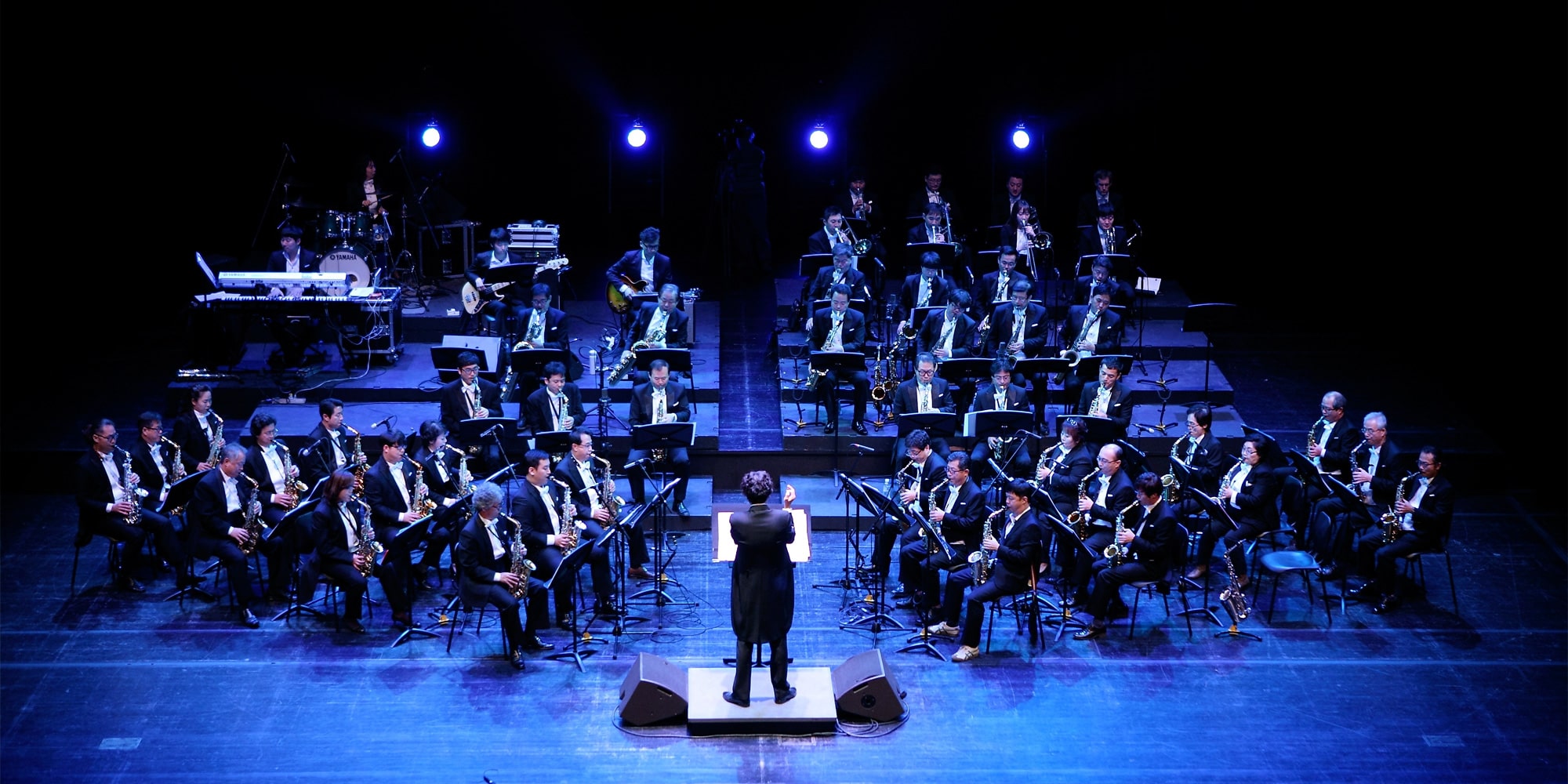
Psychosynthesis Experiences – 4
The will: are we truly free?
Finding our centre and experiencing our “I” (see The I or personal self – Psychosynthesis Experiences 3), means also discovering our will. In fact, the essential experience of the will is that of feeling within ourselves this unity of “I” and will, sensing that we are an I-that-wills. In Assagioli’s words, the will
“is not something hard, rigid, that gives orders and imposes prohibitions. It is, instead, a regulating function. To use an analogy, it is like the director of an orchestra, who does not play any instrument but directs the musicians playing their various instruments” (with the musicians representing, of course, our various subpersonalities, our inner multiplicity).
Thus, the will has nothing to do with a sense of duty, with the repression of certain parts of us, or with effort and toughness. Excessive effort and struggle are, in fact, usually linked to our moving away from ourselves as it originates from a sense of dissatisfaction in what we are. This is why, as we already noted with regard to disidentification, the experience of authentic will is only possible if we have reached a sufficient degree of knowledge and acceptance of ourselves (see Acceptance Technique). If that is not the case, unconscious forces could distort its use. Indeed, what is often mistaken for the will, are stubbornness or rigidity, traits linked to some part of us, some subpersonality, rather than to the “I”.
The will is the discovery of our inner freedom and is therefore a deeply liberating experience. The will originating from our centre does not disregard anything, does not impose but coordinates, does not push, condemn or repress, it simply liberates and directs. It is therefore our lived experience of inner freedom which will help us distinguish between what is an authentic manifestation of the will and what is not.
Finally, the will also entails choosing what meaning we give to our existence and what attitude we chose to cultivate towards events in our lives. It is about discovering our power and our responsibility, understood as our “ability to respond” to ourselves, to the various parts of us, to others and to life.
A lot more could be said about the will:
- On the various moments in the experience of the will:
– Discovering that there is will
– Discovering that we have will
– Discovering that we are will
- On its various aspects:
– Strong
– Skillful
– Good
– Transpersonal
- On his qualities:
– Energy
– Mastery
– Concentration
– Determination
– Perseverance
– Initiative
– Organisation
- On the various stages of the act of will:
– Formulation of goal/s
– Deliberation
– Decision
– Affirmation
– Planning
– Execution
Since such themes are exhaustively covered in other publications, I shall conclude this brief discussion with a quote by Assagioli, which, I believe, perfectly encapsulates the meaning of the will within a Psychosynthesis context. This is what Assagioli wrote about his experience of imprisonment under the fascist regime:
“I realized that I was free to take one or another attitude towards this situation, to give one or another value to it, to utilizing it or not in one or another way.
I could rebel internally and curse; or I could submit passively in a vegetative state; or I could indulge in an unhealthy pleasure of self-pity and assume the martyr’s role; or I could take the situation in a sporting way and with a sense of humour, considering it as novel and an interesting experience (what Germans call an ‘Erlebnis’). I could make of it a rest cure; or a period of intense thinking either about personal matters, reviewing my past life and pondering on it, or about scientific and philosophical problems; or I could take advantage of the condition in order to submit myself to a definite training of psychological faculties, to make psychological experiments upon myself; or finally as a spiritual retreat.
I had the clear perception that this was entirely my own affair and that I was free to choose any or several of these attitudes and activities; that this choice would have definite and unavoidable effects, which I could foresee and for which I was fully responsible. There was no doubt in my mind about this essential freedom and power and the inherent privileges and responsibility: a responsibility toward myself, toward my fellow mankind, and towards life itself or God.”
Assagioli, Freedom in Jail, Istituto di Psicosintesi, Firenze, 2016
In jail, Assagioli understood that the true prison is that which we build around ourselves by reacting to situations unconsciously and letting ourselves be ruled by our instincts. Confinement taught him that he could be independent from external circumstances and achieve that inner freedom “without which – he noted – all the others are insufficient.” In jail he also realised that his purpose in life was to help others to free themselves from their inner prisons so that they could become what they may be, and realise their Ideal Model (see The Ideal Model – Psychosynthesis experience 5).
For more:
- The Way of Psychosynthesis, Synthesis Insights (Part 1, Ch. II, para 3 and Part 4, Ch. IV) – Buy now
- Know, Love, Transform yourself (vol. II), Psychosynthesis books (Part 2, Ch. 8)
– Know, Love, Transform yourself (Vol. I) – Buy now
– Know, Love, Transform yourself (Vol. II)– Buy now
